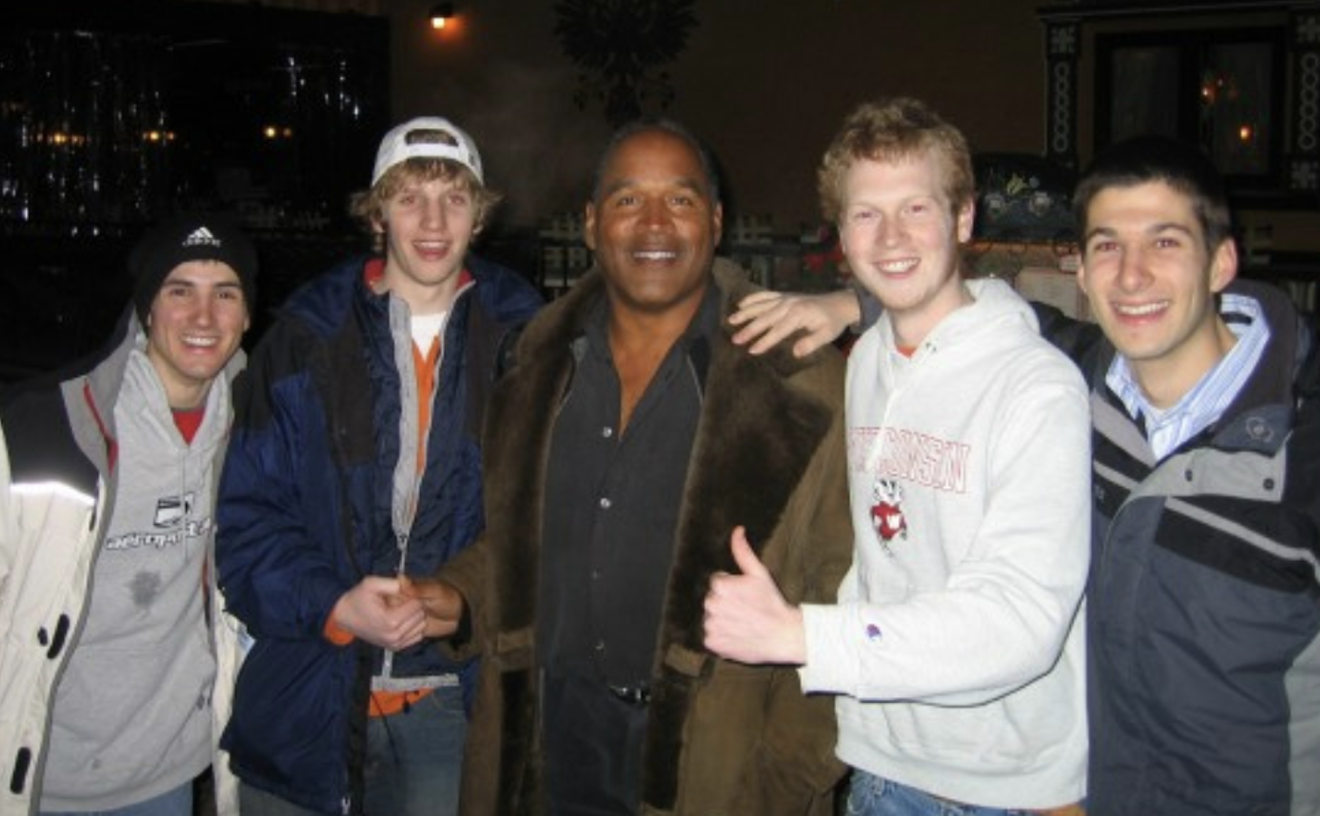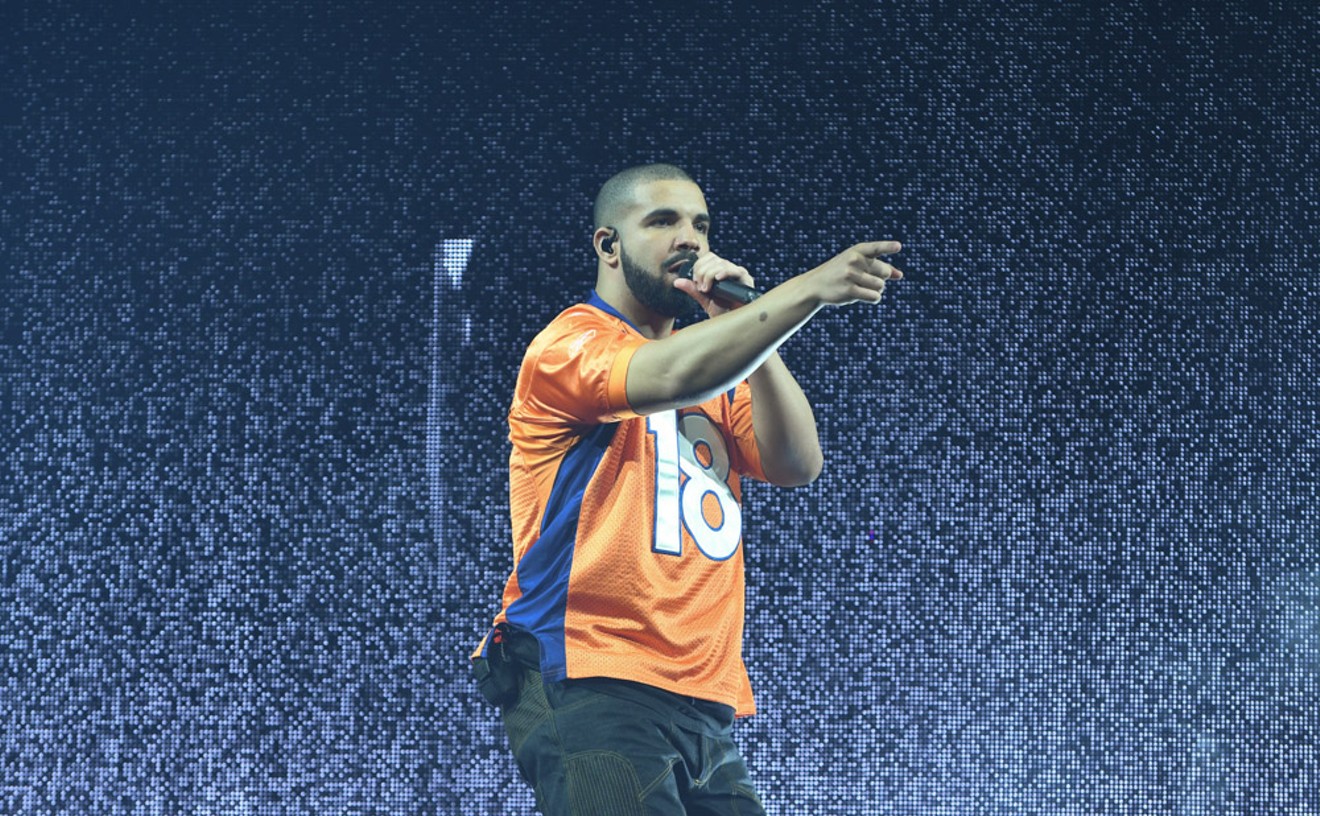Of course, the presence of the New York Yankees never hurts anything in the TV-ratings department. Winners of an American League record 114 games this season and 23 World Series this century, the Yanks remain the most storied franchise in sports. Their owner, George Steinbrenner, is himself a tyrant of considerable force, whose rages amuse friend and foe alike. It's painful to say this, but the team of Ruth and Gehrig, Mantle and Maris probably belongs in the Series at the end of this extraordinary season: Love them or hate them, the Yanks embody the history and grandeur of the game. Had, say, the Texas Rangers represented the American League in 1998, the Fall Classic wouldn't have given off quite the same resonance.
And thank heaven for small favors: Bernie Williams, Derek Jeter and company still practice their trade, for now at least, in one of the great shrines of baseball--Yankee Stadium.
Meanwhile, aren't the Padres ideal opponents for the Yankees this year? Don't they provide just the right David and Goliath contrast? For most of their brief history, after all, they've been baseball's anonymous strivers, mired at the bottom of the standings, an afterthought when the late scores drift in from the West Coast. Quickly, now: Who plays second base for the Pads? San Diego is the team that traded the great shortstop Ozzie Smith to St. Louis for Garry Templeton. The Padres used to wear brown and yellow uniforms. In 1997 they finished dead last in the National League West--seven games behind the Colorado Rockies. They are the team that in their only other World Series appearance, in 1984, set a couple of unenviable records: Their starting pitchers ran up a 13.94 earned-run average against the Detroit Tigers while losing four games to one.
By the way, Quilvio Veras plays second for the Pads.
In two World Series games this year, the Yankees overcame a late-game deficit with a seven-run seventh inning to take game one, then blew San Diego out of the Bronx with a 9-3 win Sunday night. They look unbeatable on the field, and in the clubhouse they have an inspiration every bit the equal of the one that motivated them to win the 1996 Series: That year it was the heart transplant surgery of Frank Torre, older brother of Yankees manager Joe Torre; this time it's the colon cancer of teammate Darryl Strawberry. Looking haggard, the Straw Man got out of the hospital just in time for game one, to inspire his mates along with the fans: Instead of hanging printed "K" posters around the ballpark to mark strikeouts, the Yankees' notoriously intemperate, hard-hearted supporters are displaying pictures of big red strawberries. How can the outmanned Padres compete with that kind of emotional firepower?
Should New York win its 24th title this week, Yankee-haters (we are legion) will once more bemoan the unfairness of life. Consider, for instance, the legendary non-Yankee Hall of Famers who never got to play in a World Series, much less win one: Ernie Banks and Nap Lajoie, Wee Willie Keeler and Rod Carew, Gaylord Perry and George Sisler, Phil Niekro, Billy Williams and Ralph Kiner, among others. This month, Sport magazine points out the genetic inequities in World Series glory: Yankees have won 23 times, Native Americans five, Giants five, Twins two.
Consider also the geographical distribution of October success: Among them, the Yankees, Dodgers, Giants and Mets have brought thirty World Series titles to New York; St. Louis holds a distant second place, with nine; Boston and Philadelphia have six each. When last we checked, San Diego led the Bronx in the production of surfer babes and fish tacos but had not experienced a hint of baseball euphoria. Fact is, the Padres finished last in eight of their first fifteen seasons and haven't done much since.
The franchise highlight? Well, let's see: The splendid junk-baller Randy Jones won the Cy Young Award in 1976. Steve Garvey once played first base. Tony Gwynn has racked up eight National League batting titles. And if you like, revisit the night of August 1, 1972, when San Diego first baseman Nate Colbert hit five home runs and drove in thirteen runs as the Pads won both games of a doubleheader in Atlanta. But even the brief wonder of 1984 was tainted, through no fault of the players: San Diego's startling trip to the World Series that year should have been cause for great joy among Americans in love with the underdog. Except for one glaring irony: The team San Diego beat in the National League Championship Series was none other than the hapless Chicago Cubs, lovable losers of such long standing that baseball fans everywhere actually resented the Padres for overcoming a two-games-to-none deficit and winning the pennant after a ground ball slipped between the legs of Chicago first baseman Leon "Bull" Durham.
Can upstart San Diego challenge a New York team compared to the 1927 Yankees that featured Murderers' Row and the 1961 Bronx Bombers of Mickey Mantle and Roger Maris? Doesn't look like it. Of the 44 teams that began the World Series with two losses, only eleven have rebounded to win four of the next five games--and most of those teams weren't facing David Cone and David Wells. What a stacked deck--this Goliath even has star pitchers named David going for it.
In any event, the epic poem of 1998 shall not soon lose its force of metaphor nor its power to enthrall. McGwire's spectacular seventy-home-run season in St. Louis had "fans" who didn't know a sac bunt from a quarterback sack cheering on their couches through all of August and September. What more could you ask? Big Mac hit Number 61, tying Maris's record, on his father's 61st birthday! Unjustly, Sammy Sosa and his 66 dingers played second fiddle to the Cardinals slugger in the power race, but not at the box office: McGwire is credited with attracting 503,000 additional fans to the ballparks he visited this summer; Sosa drew 570,000 extra bodies--increases of nearly 30 percent per game.
Happily, predictions of tooth-and-nail bleacher battles over historic and valuable home-run balls turned out to be false. Displaying extraordinary civility and respect, fans with good hands returned McGwire's secretly marked baseballs to him without complaint. If a game brought low by the strike season of 1994 needed an emotional lift even greater than the authentic friendship between Sosa and McGwire, this was it--the strong sense of history abounding in the cheap seats.
This was the year Baltimore infielder Cal Ripken took a day off after seventeen years on the job, when Barry Bonds hit his 400th homer and stole his 400th base and the Rockies' Larry Walker followed his National League MVP with a batting title. The dauntless Yankees, picked by some to finish fourth in the American League East, fell just two games short of the Cubs' all-time win record. But Hack Wilson's 1930 mark of 190 runs batted in seems safe forever: Texas's Juan Gonzales, who had 103 at the All-Star break, cooled off in July; Sosa caught him, at 158, in late September.
And the final stanza of the great poem? How will that read? Better stay tuned for the remainder of the David and Goliath World Series. Alas, then winter.
While your Denver Broncos lay in their hammocks healing their wounds over the weekend, their next opponents, the Jacksonville Jaguars, found themselves in an unexpected dogfight Sunday with the Buffalo Bills. Buffalo, an overachieving bunch that has now won three straight under Denver's old friend Wade Phillips, beat the Jags 17-16 on a one-yard touchdown run with thirteen seconds left on the clock. It wasn't Thurman Thomas who pounded it over but diminutive quarterback Doug Flutie, who's spent most of his legendary career in the snows of Canada.
Will previously unbeaten Jacksonville, now 5-1, be motivated when they lace 'em up Sunday at Mile High? Count on it. Will Elway, Davis and company come out even more worked up? Count on that, too. Not only are the defending Super Bowl champs hot to trot after a bye week, but they still vividly remember that January, 1997, Jags shocker that dumped them out of the playoffs.
The Broncs also must be relishing an authentic home-field test: They've beaten 4-2 New England, 4-3 Dallas and 1-6 Philadelphia in Denver this year--not exactly the NFL elite. A win over Jacksonville would solidify the feeling that they can return to the Super Bowl.
Meanwhile, how 'bout them Packers? With two consecutive losses on their resume, it looks more and more like the Broncos' major upset in San Diego eroded their confidence.










